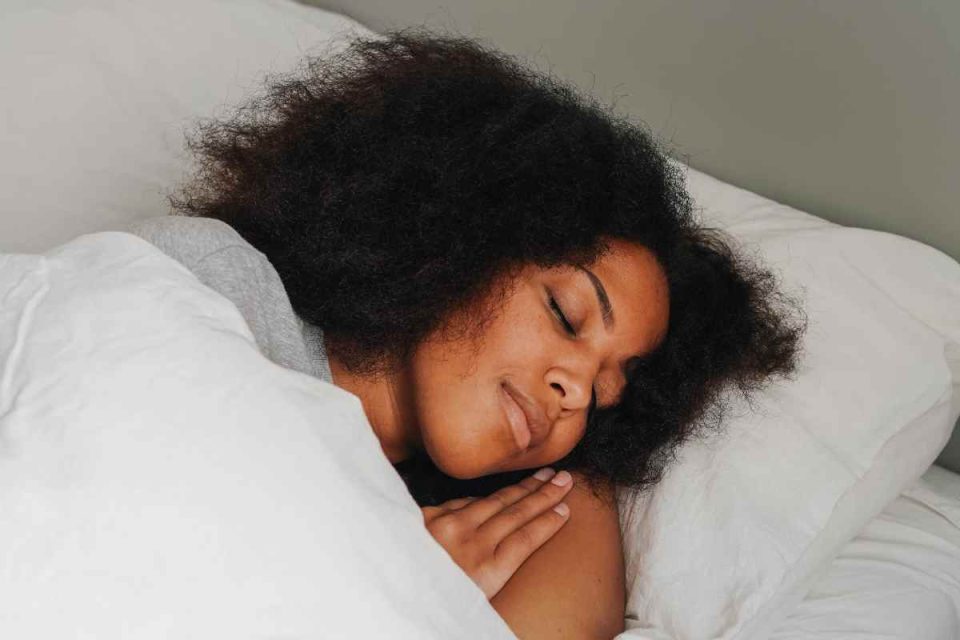In this series, I’m sharing some ideas on how to pick yourself up whenever you need it. Last week, I discussed breathwork, and the week before, natural light. Part three is all about the connection between sleep and mood.
Time To Recover
We know that some of the things that happen within our bodies when we sleep are vital for mood, energy and motivation; things such as hormonal changes and repair work. Now, we’ve produced a huge amount of content on the subject of sleep, so I’m not going to go too much into detail right now. You can view all the blogs, vlogs, podcasts and expert interviews here. But I want to talk about something slightly different this time…
Sleep and Mood
The relationship between sleep and mood is strong: poor-quality or too-little sleep can cause irritability, stress, anxiety and depression. Recently, I’ve noticed that I’m needing a little more sleep than usual. It could be due to hormonal changes as a result of perimenopause, or even just the time of year. So, one of my new non-negotiables – in addition to daily breathing exercises – is what I call ‘sleep with an eight’. Allow me to explain what this means:
I’ve found that eight-and-something hours of sleep usually leaves me feeling really good. Therefore, my daily (or nightly!) amount simply needs to start with an eight.
Winding Down
There are a few things I’m doing to achieve this, whilst also improving my sleep quality. Predominantly, I’m focussed on that last hour before bed and what I can do to wind down. So, I’m not watching TV or sitting under bright lights, or reading something that could be overly stimulating such as the news. Instead, I’m reading fictional books while in bed with dimmed lighting. The room is cooler than I am, perhaps a little chilly, which helps to replicate the drop in temperature our bodies experience as we fall asleep. But the most important thing is that my mind is relaxed and free from racing thoughts. It’s all about chilling out into the calmest, most composed state I can possibly be in. As a result, when I finally turn that light off, I’ve got the best chance of getting a really good night’s sleep.
A Good Night’s Sleep
I call it ‘the Golden Hour’ – but if an hour feels too much, 30, 15 minutes. As long as you ring-fence that last bit of the day before your head hits the pillow to prepare your mind and body for sleep. So my question to you is this: what will you do with that time? Have a look through those resources, and try something out.
Wellbeing Resources
Our next webinar, Taking a Strategic Approach to Attracting and Retaining Diverse Talent, is at 11:30am on Tuesday 14th February. Join Leanne in conversation with Anna Spragg, a highly successful Diversity and Inclusion & Organisational Development Consultant.
Check out our free posture guide for desk workers. Many of us frequently sit or stand at a desk, our posture guide will show you how to set up your workstation, stretches to do to avoid getting tight, uncomfortable muscles, and how to correct your posture to stay relaxed and energised whilst at work.
For more great wellbeing content, follow us on social LinkedIn and Facebook and Instagram


